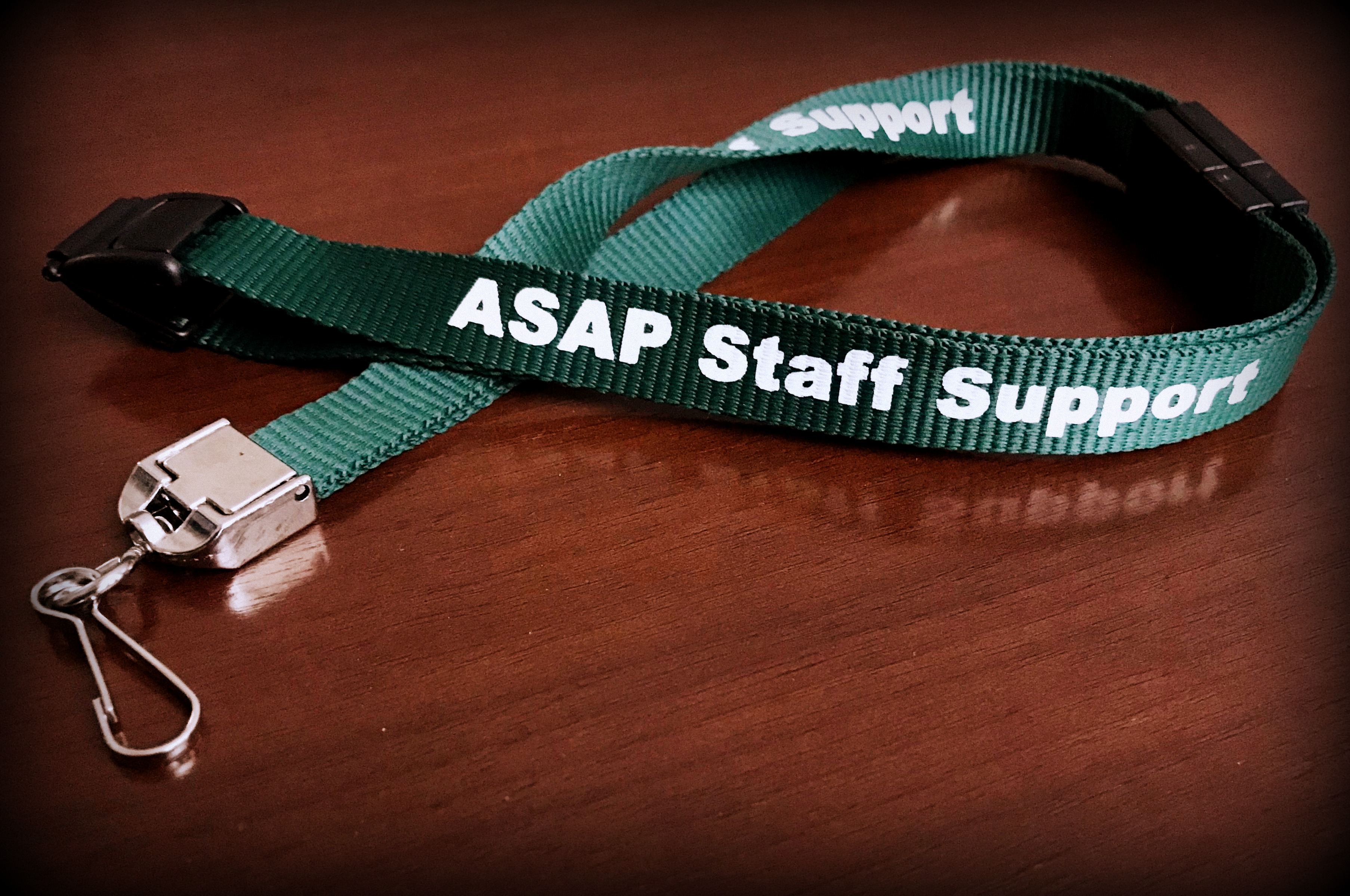Pathways to Resilience: The CISM ASAP Intervention Program Supports Staff Who Have Experienced Adverse Workplace Events

Imagine a team that, despite its best efforts, has experienced a terrible patient outcome. Some of them may think, I just completely blew it. Maybe I’m not cut out for this.
For those whose daily mission is to serve patients and families, often in stressful, high-pressure situations, access to compassionate support is critical to ensuring the continued ability to deliver high-quality patient care. At UPMC Western Psychiatric Hospital (WPH), the UPMC Critical Incident Stress Management (CISM) As Soon As Possible (ASAP) Staff Support Team works with those who experience stress reactions following ANYTHING*—minor incidents, near misses or major catastrophic events—that is work-place related.
The program, which has evolved substantially following its inception, has grown rapidly since 2012. Jeff Magill, MS, Manager, WPH ASAP Staff Support Team, explains that in 2018 the team responded to 65 calls, a sharp increase from the dozen or so calls they fielded in 2012. This expansion occurred alongside broad, increased awareness around the importance of clinician health and wellness, coupled with a concerted effort within UPMC to raise the profile of the CISM ASAP Staff Support hotline. Today, it is also easy to spot a CISM ASAP team member in the hallway. Every volunteer wears a bright green lanyard at WPH, so they can be quickly and easily identified. The lanyard has even evolved into an informal, discreet shorthand for a support request. Jack Rozel, MD, MSL, Associate Professor of Psychiatry and Medical Director, resolve Crisis Services, explains, “A lot of times, someone will just pull me aside and say, ‘Dr. Rozel, I really need some lanyard time.’”
In a psychiatric care setting, distressing incidents can be a regular part of daily work life. Dr. Rozel explains that at resolve, he and his staff help patients “on the worst day of their lives," which can generate cumulative stress and anxiety. “We see vivid things that are hard to process, and due to patient confidentiality, we can’t share them with our friends and families.” When health providers ruminate on patient safety incidents, their divided attention can lead to errors. To mitigate the potentially detrimental effects of this stress, the ASAP CISM team provides 24/7 colleague-to-colleague support that helps staff understand their impact and cope with work-related stress.
Trust is a key component of the successful CISM ASAP Staff Support model. A diverse group of 40 members are trained in intervention and support, so anyone needing a consultation can speak with a peer, a trusted colleague or even a stranger. “When things are overwhelming, people are mindful of who they ask for help,” Dr. Rozel says. “In these situations, a common lived experience can be really beneficial. Whatever we can do to help someone to reach out before the pot has boiled over, that’s what we do.” Jeff Magill emphasizes that everyone—even, and perhaps especially, psychiatric care providers—needs support when dealing with extreme stress. Magill explains, “There can be a worry that if I’m impacted, there’s something wrong with me. But we’re not invincible. These events affect us because we’re compassionate, caring and empathetic individuals who are very much connected to the individuals we treat.”
Dr. Priyanka Amin, WPH Psychiatry Resident and ASAP volunteer, had first-hand experience with the CISM ASAP program during her intern year, when she experienced an adverse patient outcome. “I reached out to Jeff Magill and received really meaningful support. I later joined the team because I wanted to be able to provide a safe space to help other people process acute stress reactions.” Dr. Amin is Chief Resident for Well-Being and her clinical interest is in emergency psychiatry, so CISM ASAP was a natural fit with her background. “Secondary traumatization happens a lot in this field. Safe spaces where people can discuss the impact of certain experiences helps them recover and continue to provide care.”
When adverse patient outcomes occur, intervention programs that are integrated into hospital settings are critical to ensuring uninterrupted, highest-quality patient care. As Jeff Magill puts it, “Reaching out for support is part of wellness and recovery. So, if we’re going to deliver high-quality patient care, it’s important we stay well ourselves.”
* ANYTHING (Assault in the workplace, Nearby when something goes wrong, You’re experiencing difficulty after witnessing an event, Trauma exposure, Hurt on the job, Injury caused by another, Not feeling safe due to the impact of an event, Grieving over a loss)
